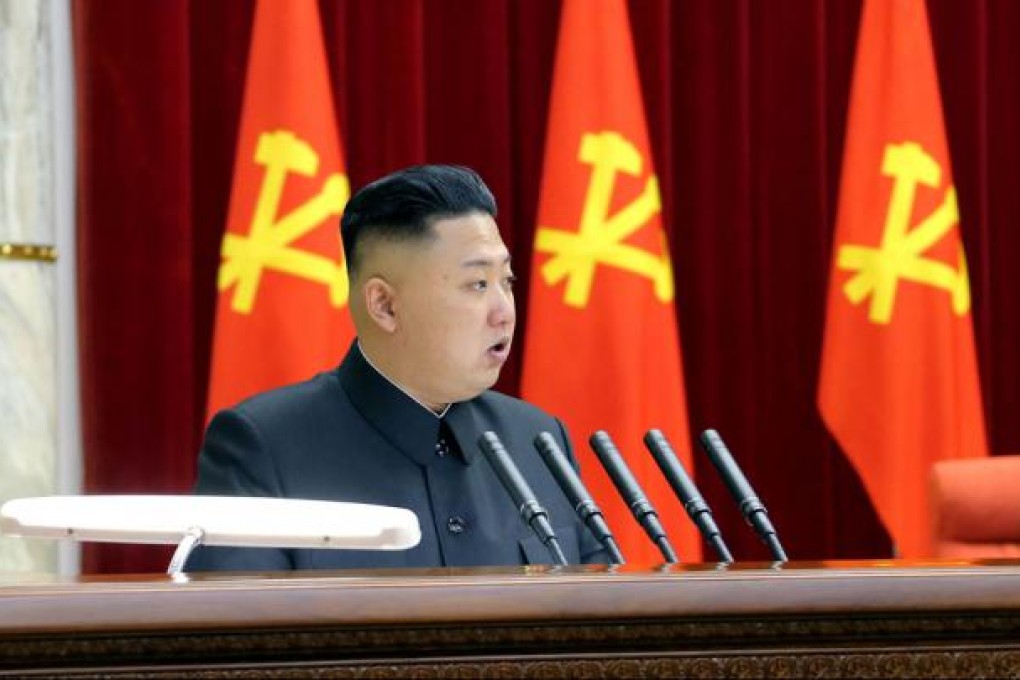Talks essential in North Korea stand-off
North Korea has found a new way of getting attention that stands out from its increasingly threatening rhetoric. Denying access to its joint industrial zone with the South may be shooting itself in the foot, but it escalates a military crisis beyond improbable and suicidal military threats against the US as well as South Korea.

North Korea has found a new way of getting attention that stands out from its increasingly threatening rhetoric. Denying access to its joint industrial zone with the South may be shooting itself in the foot, but it escalates a military crisis beyond improbable and suicidal military threats against the US as well as South Korea. In previous crises, neither side has significantly involved the Kaesong industrial zone, a crucial source of hard currency for the North. Otherwise, Kim Jong-un, the North's new leader, has borrowed from the sabre-rattling playbook of his late father, Kim Jong-il.
The question is why. Theories range from resorting to the old tactic of raising tensions until the US and the West offer economic assistance, to consolidating the loyalties of top military commanders, perhaps before keeping his vow to focus on economic development. The recent re-emergence as premier of Pak Pong-ju, seen as an economic reformer, six years after he was removed from the job may lend weight to this theory. Reshuffling of the inner circle indicates Kim is still seeking political stability. Meanwhile, he has ordered troops near the border against any action that could provide an excuse for the South and the US to use force against the North.
China, Pyongyang's main ally, finds itself in an awkward position, having worked with the US after a third North Korean nuclear test in formulating a new round of UN Security Council sanctions, which sparked the latest war of words. Unless Beijing strikes the right balance, the hermit regime could destabilise, raising the level of threat against the south.
Pyongyang wants direct talks with Washington before denuclearisation, which the US will not entertain. That said, it is hard to think of a peacetime conflict the US has resolved without dialogue. Instead of relying on China to use its influence, the US needs to help create a favourable climate for progress towards denuclearisation and stability by tasking a skilful negotiator with patient diplomacy aimed at improving communication beneath the troubled surface.